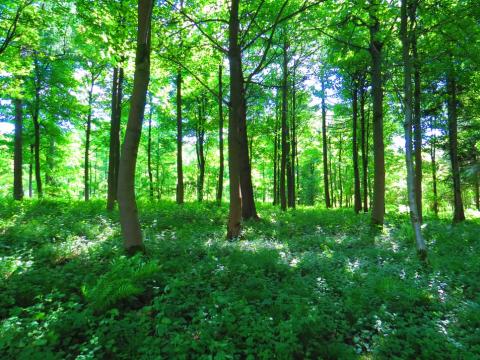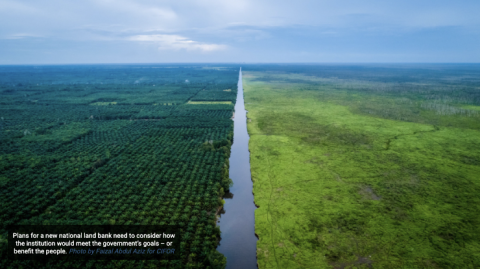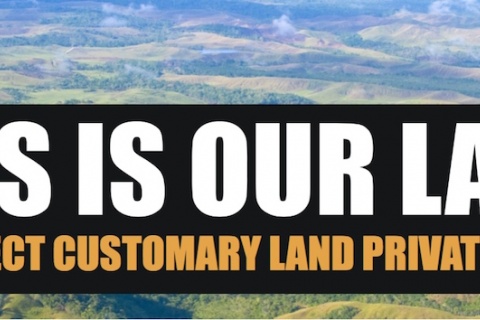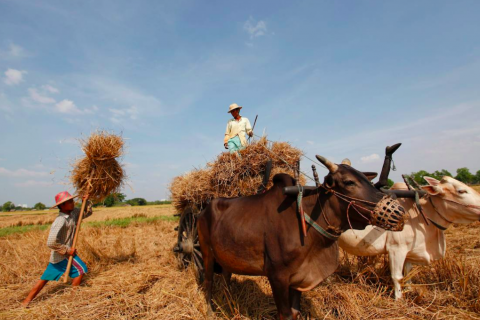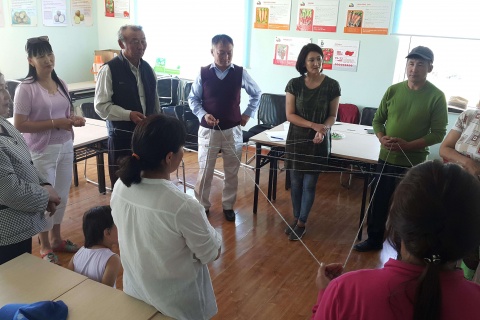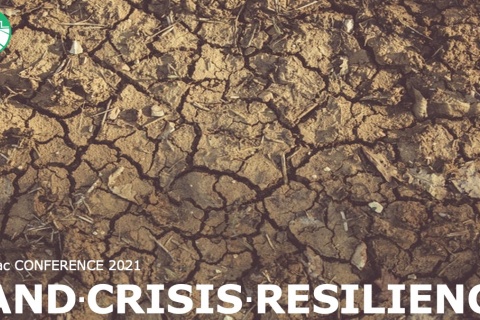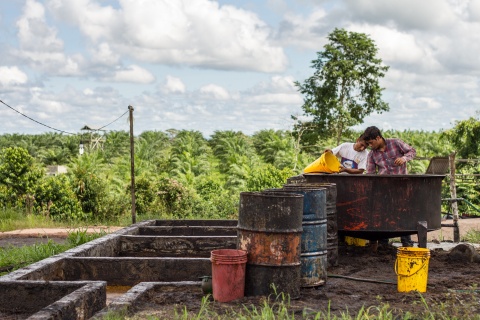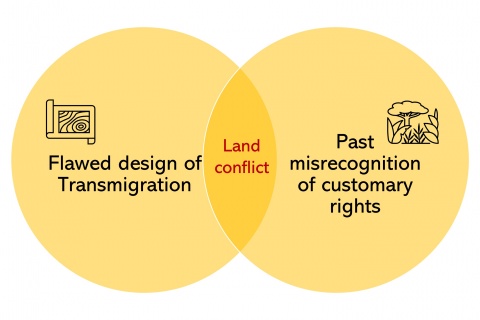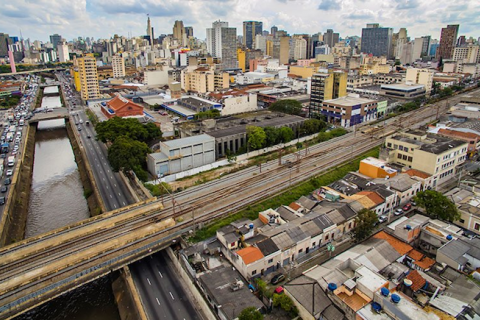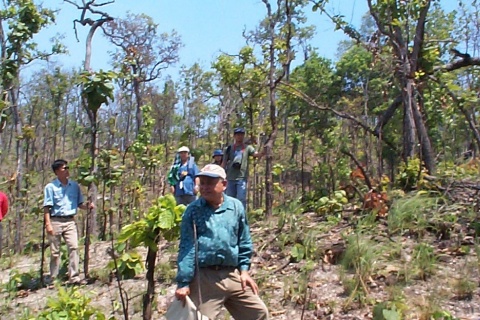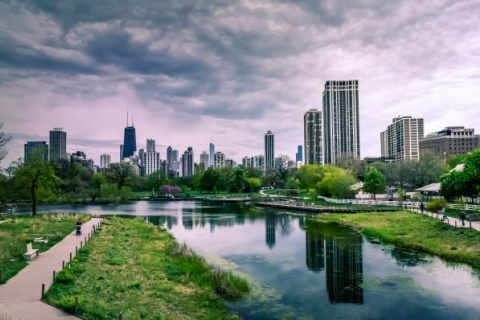Discover hidden stories and unheard voices on land governance issues from around the world. This is where the Land Portal community shares activities, experiences, challenges and successes.
 Follow our
Follow our
Sustainable Development Goals
Blog Series!
Interested in land corruption?
Follow our Land & Corruption Blog Series
for in-depth perspectives from the experts.
Issues
Geographical focus
WHY REJECT CUSTOMARY LAND PRIVATISATION
Most of the world’s land is still stewarded by communities under customary systems. Billions of people rely on communally managed farmland, pasture, forests and savannahs for their livelihoods.
This collective management of resources is viewed in the colonial or capitalist economic model as an obstacle to individual wealth creation and private profit.
Our food systems are in urgent need of transformation, as humanity faces one of our biggest challenges yet; feeding a future population of 10 billion people with safe and nutritious food while keeping a healthy planet. Our food system has the power to tip the scales and transform the future of our planet and humankind.
There is an underlying tension in the land rights movement that is rarely addressed head on, which is the perception that securing women’s land rights threatens community land rights. Community land rights are typically held by indigenous people, small-scale and subsistence farmers, pastoralists, herders and many other groups who are directly dependent on land for their livelihoods but whose land tenure is often the most precarious.
After three days of intense discussion covering the breadth of land governance issues focusing on the theme of Land, Crisis and Resilience, Dr. Joanny Bélair, Postdoctoral researcher from Utrecht University and LANDac, had the unique opportunity to Chair the closing Session of the LANDac Conference 2021. Closing session panelists were Dr.
When the Land Portal was founded in 2014, we were part of conferences that spent vast sums of money bringing hundreds of people together to discuss land-related subjects. Yet the powerful speeches that were made, the insightful presentations and the moments of epiphany were largely getting stuck in the conference venue.
The main objective of the LAND-at-scale program is to directly strengthen essential land governance components for men, women and youth that have the potential to contribute to structural, just, sustainable and inclusive change at scale. An ambitious objective, that cannot be achieved in isolation. Alignment is, therefore, a key factor in all LAND-at-scale activities - be it at project level for our country interventions or through our collaborative approach to knowledge management.
Environmental policy interventions often result in conflicts because they fail to recognize people’s identity and sense of belongings, as shaped through the places where they live. A recent paper explores a case study of a palm oil project in East Kalimantan, Indonesia, in which competing claims of recognition and land rights have led to conflict between transmigrants and indigenous Kutai people.
This session aimed to generate discussions on different experiences of infrastructure development that addresses climate change in cities. It paid particular attention to new transportation “corridor” development, which has increasingly become popular as a way to redesign the rapidly growing city to reduce traffic congestions and thereby carbon emissions, promote affordable public transportation system, and to make public green spaces accessible for all the citizens. However, it is known that it significantly affects ways that urban land is used, accessed and governed by local communities.
Community forestry has the potential to contribute to sustainable livelihoods in poor and marginalized communities in and near forests. In practice, however, the benefits of collectively managed forests may end up in the hand of local elites. Based on presentations from Bolivia, the Philippines and Nepal, participants in this session discussed, among others: (i) What is the role and importance of individual benefits in a model that is based on collective forest rights?
Urban Green Spaces (UGS) are vegetated open spaces that provide a multitude of ecological functions that are essential for the physical and mental well-being of the citizens as well as for the urban environment. However, land is an extremely competitive resource in cities that are struggling to sustain the ever-growing urban population and UGS are constantly under threat of urban encroachment. Even the well spread out cities are pressured to densify by the more commonplace ‘sustainable dense urban neighbourhood’ approach that in turn, increases the pressure on open spaces such as UGS.

